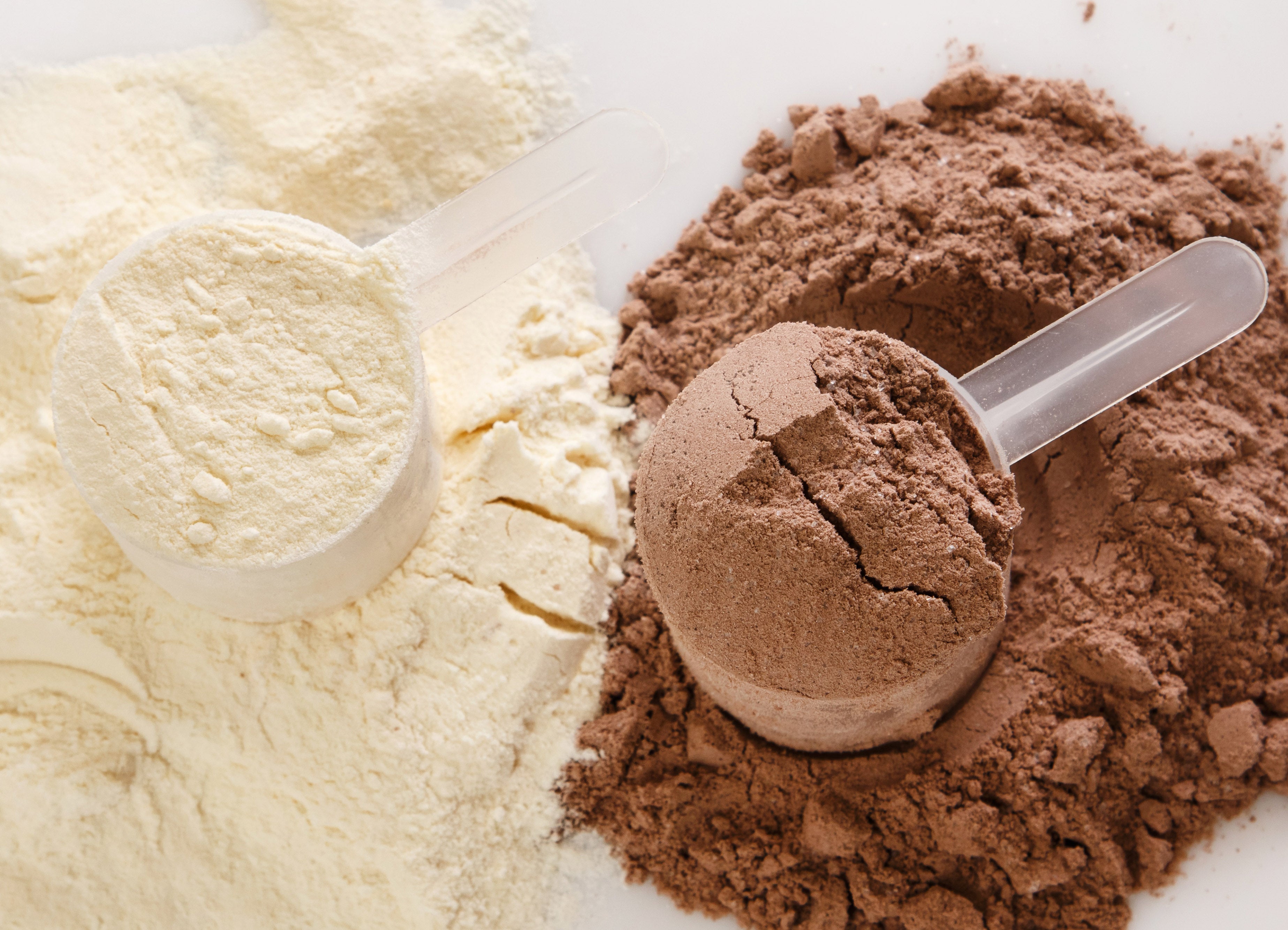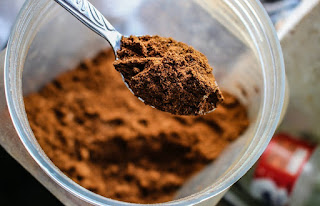
The Differences between Plant-Based and Whey-Based Proteins
While diet fads and nutrition recommendations seem to be constantly changing, one fact remains the same: Protein is an essential part of your diet. It’s central to tissue growth and repair and also helps to nourish your bones, blood, and cartilage for healthier joints. If you’re exercising, protein is central to repairing muscle damage and helping those muscles to grow. While there are many protein-rich foods, a lot of people also choose to use a greens supplement and protein powder to increase their nutritious protein intake.
There are generally two types of protein powder: plant-based and whey-based. What are the differences between these two? Is one better than the other? Keep reading to find out.
Source
As is apparent from the name, plant-based protein powders are derived from plants. While different brands will have different ingredients, most plant-based protein powders are primarily made from hemp, rice, peas, and seeds. Whey-based protein powders, on the other hand, are derived from milk after it’s been separated.
Digestion
Due to their different sources, plant and whey protein powders will impact your digestive system differently. This is especially important for those who have any kind of dairy sensitivity or intolerance, or those who have other digestive issues. Because whey powder comes from milk, it can upset your stomach if you fall into these categories.
However, for those who have no issues with dairy, whey protein powder is actually digested much more quickly, which means it goes to work repairing those muscles faster after a workout. While plant-based protein powders are much easier to digest and gentler on the tummy, they won’t go to work quite as quickly.
Nutrients
If you’re looking for straight protein with as few calories as possible, whey protein powders are typically the best option. They’re packed with protein and little else. However, that does mean they tend to have fewer nutrients than their plant-based competitors.
Plant-based protein powders contain a lot of essential vitamins and nutrients and fewer flavor additives and artificial sweeteners. However, they do tend to be higher in both carbs and calories, so keep this in mind if you’re counting macros.
Muscle Building
As already mentioned, whey goes to work repairing and building your muscles faster than plant-based protein. But how do the two measure up in terms of results? Whey proteins typically contain all nine amino acids required to grow muscle. But don’t disregard plant-based proteins just yet. Pea protein (the primary ingredient in most plant protein powders) has been shown to increase muscle thickness just as effectively as whey, so both can be a great option for growing some muscle.
In the end, whether you choose plant-based or whey-based protein powder is going to be based on your personal preferences. If you have a sensitive stomach or are following a vegan diet, plant-based powders are definitely for you. If you’re looking for faster results or a lower-carb protein, whey powders will give you what you want.
If you’re looking to add some protein to your diet, check out our catalog of products here at BioPharma Scientific, LLC. We also carry the best greens supplement online, so be sure to pick it up so you can ensure you’re getting all the nutrients your body needs!




Leave a comment
This site is protected by hCaptcha and the hCaptcha Privacy Policy and Terms of Service apply.